Key Takeaways
- Assassin’s Creed 2 sparked the franchise’s popularity, with higher critical acclaim than its predecessor.
- The game features a charismatic protagonist, engaging story, and improved gameplay mechanics.
- The Assassin’s Creed franchise has expanded immensely since Assassin’s Creed 2, with multiple titles and projects.
Today marks the 15th anniversary of Assassin’s Creed 2, which almost feels surreal. The Assassin’s Creed series has gone through a lot of changes since it began in 2007, to the point that its new releases are usually met with more skepticism now than they are excitement. Nevertheless, the series has continued pressing on, attempting at every turn to recreate the success of what is arguably the best game in the Assassin’s Creed franchise, Assassin’s Creed 2.
With all the graphical and mechanical tools the Assassin’s Creed series has access to now, it’s hard to say that Assassin’s Creed is a better game than the rest in some ways. However, it still stands true that, of every Assassin’s Creed game ever made, Assassin’s Creed 2 is undoubtedly the most influential, and the last 15 years of the franchise easily owes everything to the second installment.
3:26
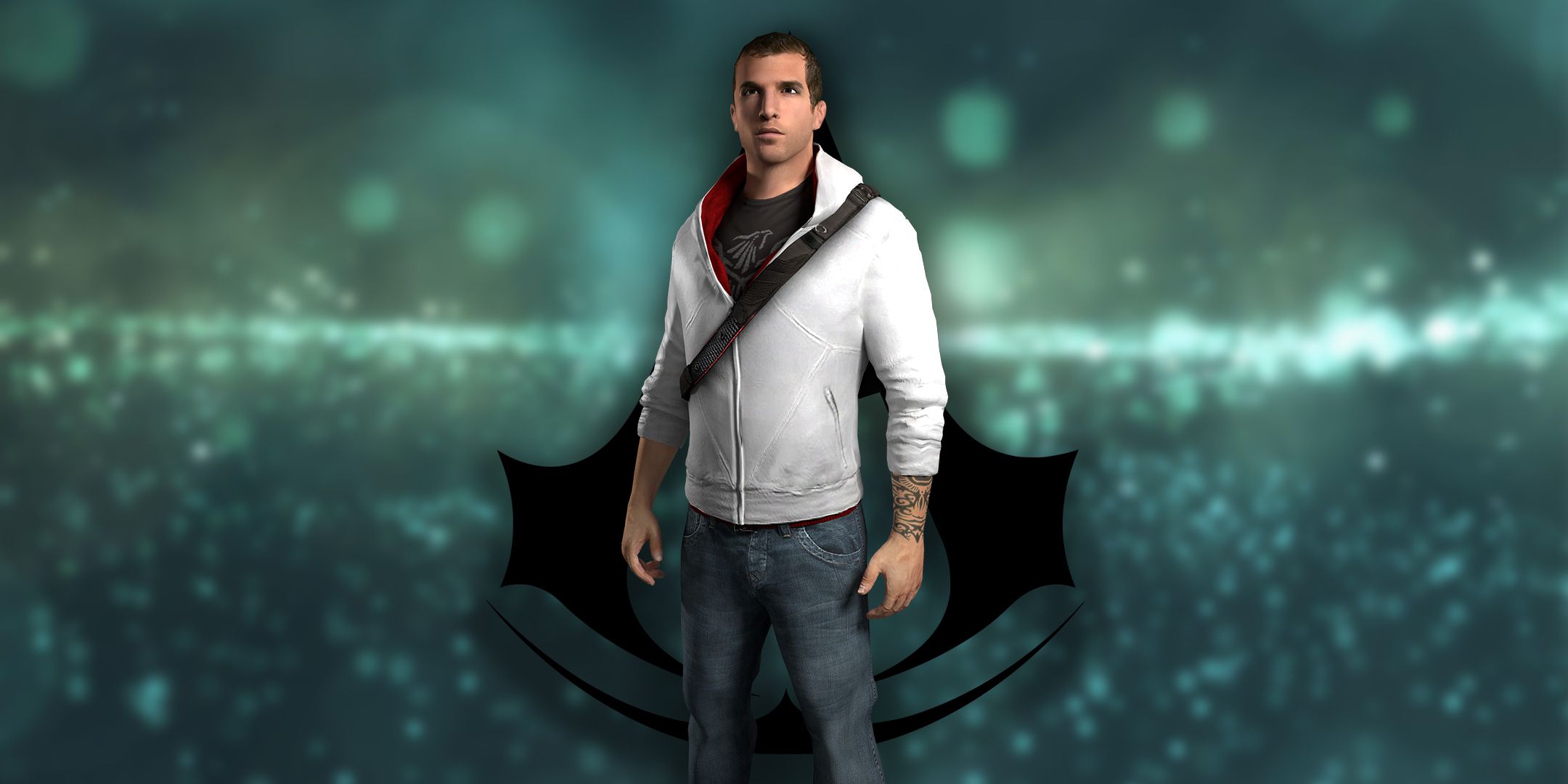
Related
Assassin’s Creed 2 Wrote a Check the Franchise Hasn’t Managed to Cash
Assassin’s Creed 2 was a major leap forward for Ubisoft’s famous series, but it set some expectations that haven’t been satisfied.
Assassin’s Creed Owes Everything to Assassin’s Creed 2
Assassin’s Creed 2 Is the Game That Sparked the Franchise’s Popularity
Assassin’s Creed has been an ongoing series since 2007, but it wasn’t until the release of Assassin’s Creed 2 in 2009 that the franchise truly kicked off. If anything, the first game in the series was merely the hand that held the door open for Assassin’s Creed 2, much like the original Mass Effect was for its sequel. It can’t be argued that Assassin’s Creed introduced the core concept of the series, which included its iconic stealth elements and parkour. However, its clunky, slow, and unreliable gameplay mechanics ultimately led to a poorer reception. Normally, this might have spelled doom for a new IP, but Assassin’s Creed 2 came into the picture soon after and changed things forever.
If Assassin’s Creed was the series’ spark, Assassin’s Creed 2 was its wildfire. Whereas the first game garnered an average reception, Assassin’s Creed 2 managed to walk home clothed in universal acclaim, with a higher average critical score than its predecessor and a Metascore of 91 — which it still maintains to this day, making it the highest-rated game in the Assassin’s Creed series for the last 15 years. Its positive reception wasn’t just on account of it being the second game in the Assassin’s Creed series, but how it managed to take the first game’s core principles and refine them to produce something unlike anything gamers had experienced before.
Assassin’s Creed
has been an ongoing series since 2007, but it wasn’t until the release of
Assassin’s Creed 2
in 2009 that the franchise truly kicked off.
Assassin’s Creed 2 isn’t just a polished version of the first game, though it does still feel, in some ways, like the original. Firstly, Assassin’s Creed 2‘s protagonist, Ezio Auditore da Firenze, is a much more charismatic and relatable character than Assassin’s Creed‘s Altair. This helped the game’s narrative to be more compelling in turn, especially as it included more familiar historical figures like Leonardo da Vinci, Lorenzo de Medici, and Rodrigo Borgia. Its setting, which featured iconic Italian Renaissance cities like Florence and Venice, was another major contributor to its success, and this was emphasized even more as the sequel’s world felt more lived in than the last.
As a whole, Assassin’s Creed 2‘s gameplay is a vast improvement over the original. Its stealth and parkour systems are smoother and more fluid, its side content is far more entertaining than Assassin’s Creed‘s monotonous collectibles, its renovation system is rewarding, its combat mechanics more reliable and engaging, and its polished graphics and improved character models are just the cherry on top of it all. Of course, many of these systems have progressively gotten better as the series has gone on, but that by no means lessens the impact that Assassin’s Creed 2 had on the franchise’s future after 2009.
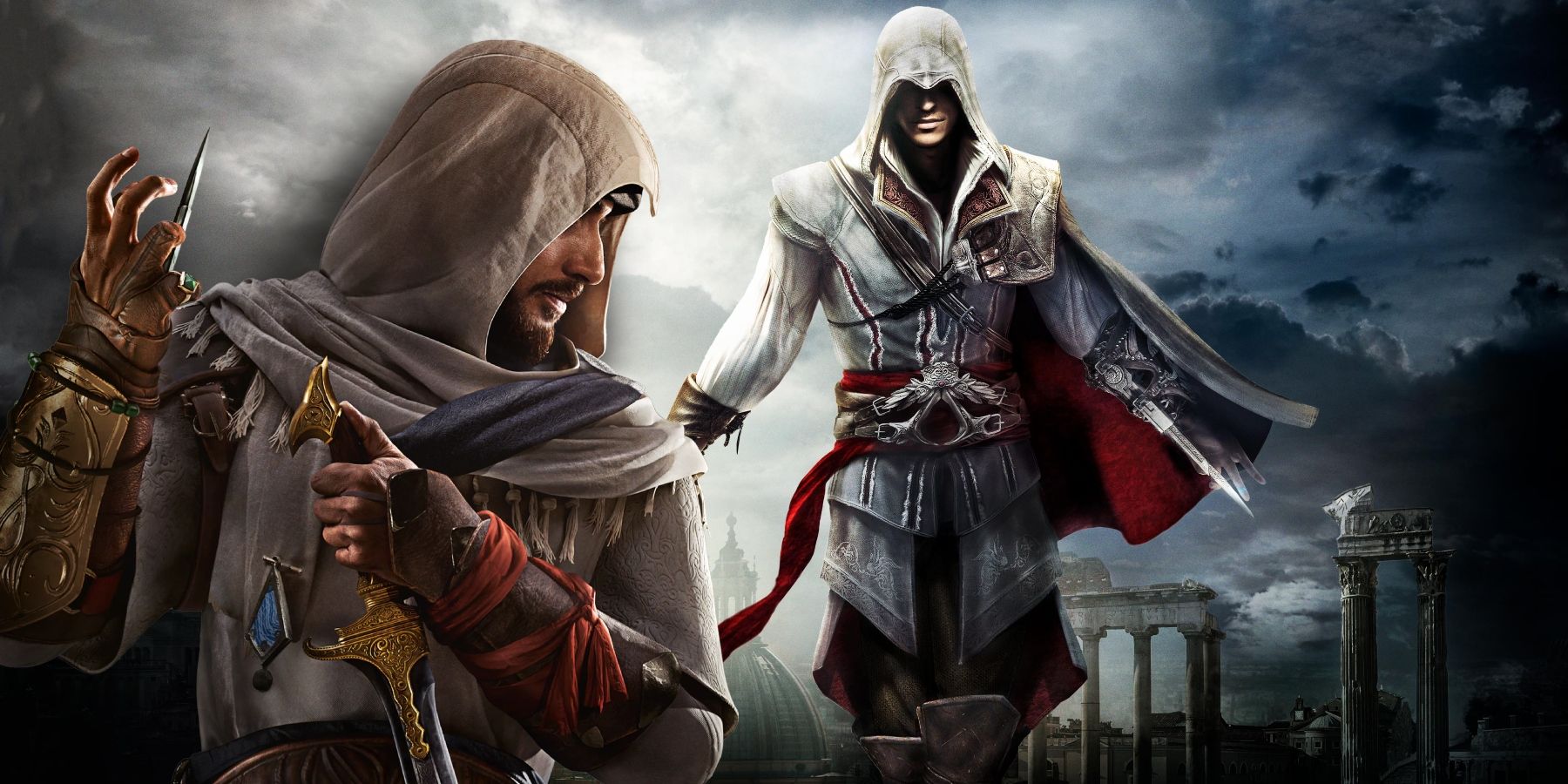
Related
Assassin’s Creed Mirage Doesn’t Hold a Candle to the Ezio Trilogy
Assassin’s Creed Mirage seemed like the return to roots fans had been asking for, but in trying to achieve that it’s taken too many steps backward.
The Assassin’s Creed Franchise Has Grown Immensely Since the Release of Assassin’s Creed 2
Fifteen years after the release of Assassin’s Creed 2, there are now thirteen mainline Assassin’s Creed games (with one on the horizon), four major spin-off titles, ten mobile games, a few other projects currently in the works, and even a feature-length film. Since the release of Assassin’s Creed 2, the franchise has certainly had its ups and downs, but had the second game in the series not been as successful as it was, the rest of it might not have had any ups to begin with.
If
Assassin’s Creed
was the series’ spark,
Assassin’s Creed 2
was its wildfire.
It’s difficult to deny the impact that Assassin’s Creed 2 had on the series, and while one might be inclined to say it could have happened with any Assassin’s Creed game after that, Assassin’s Creed 2 is the support system that ultimately rocketed the franchise to success. When it was released, it garnered universal critical acclaim for its narrative, characters, world design, and massive improvements over the first game. After the slog that the first game was, Assassin’s Creed 2 put a refreshing twist on the formula with a more relatable character, deeper story, more recognizable historical figures, a breathtaking rendition of Italy, and refined gameplay mechanics for what is arguably the most important Assassin’s Creed game ever made.
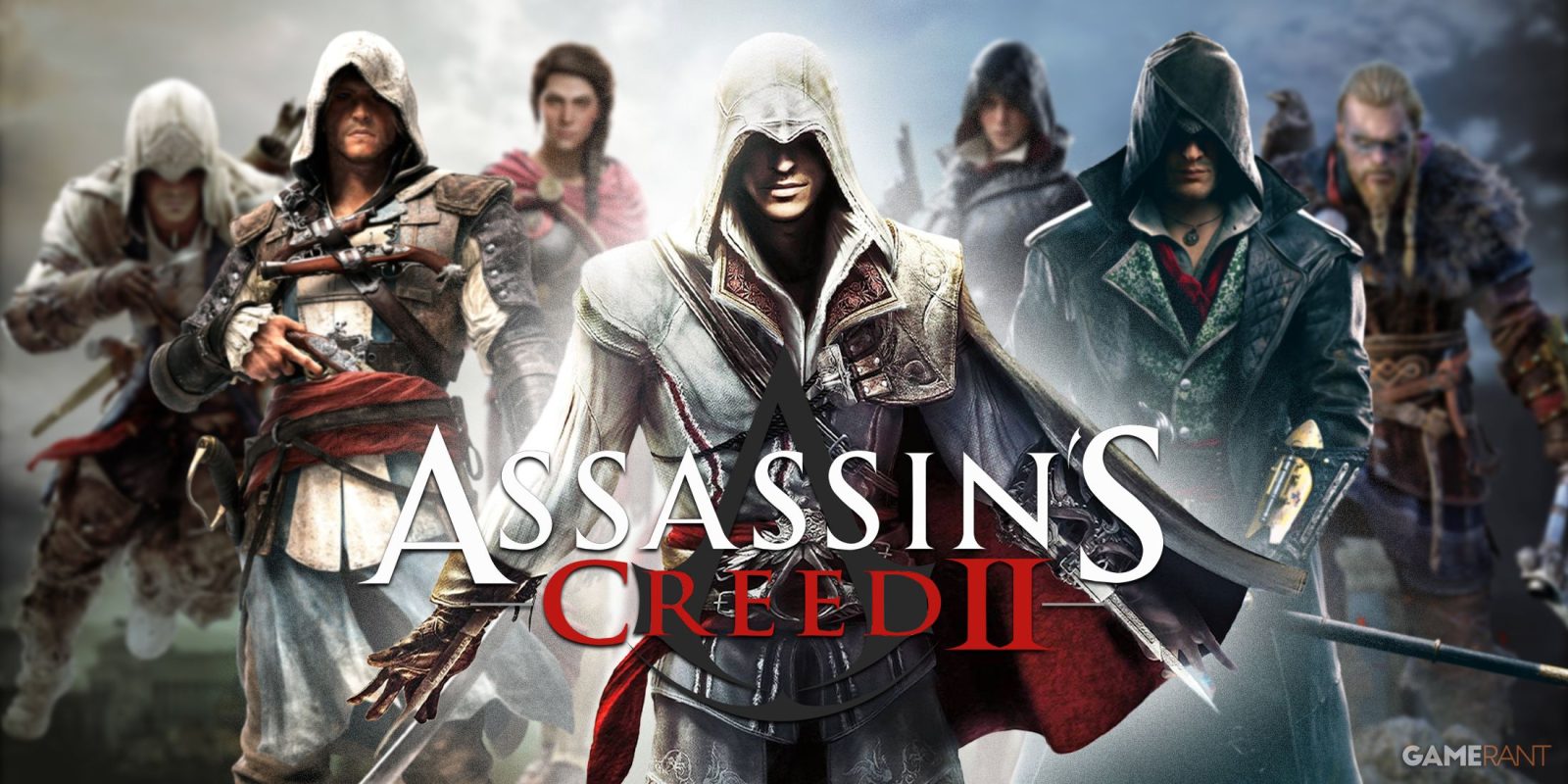

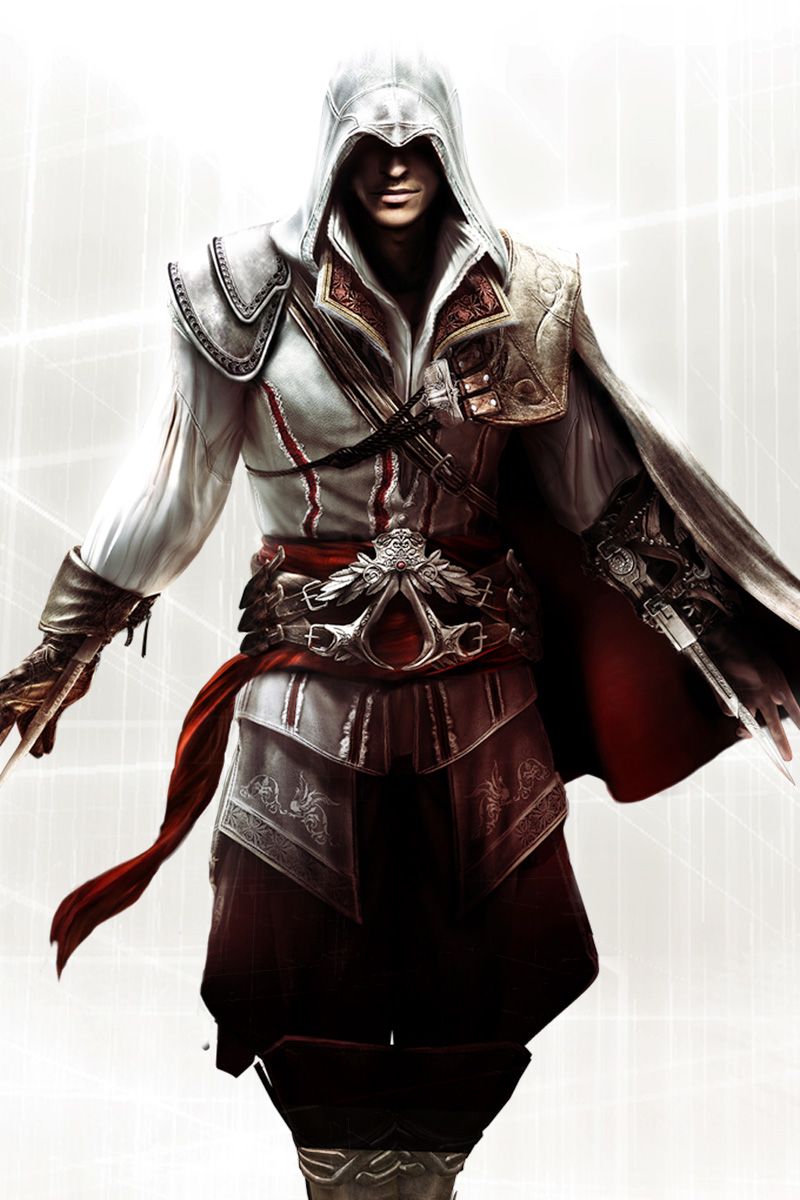


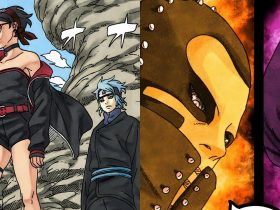






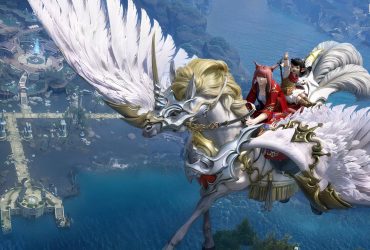
Leave a Reply